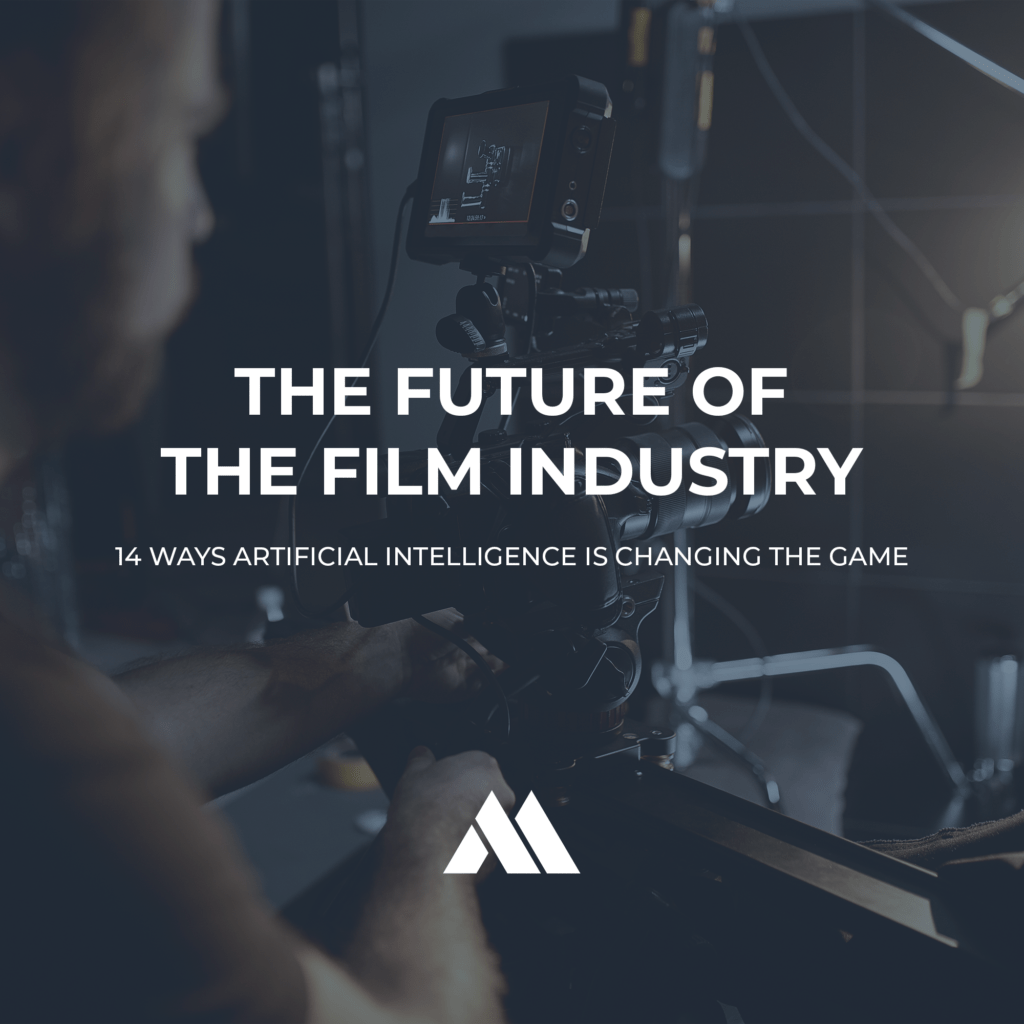
The film industry is undergoing a transformative evolution, largely driven by advancements in artificial intelligence (AI) technology. From production to distribution, AI is revolutionizing every aspect of filmmaking, offering unprecedented opportunities for creativity, efficiency, and audience engagement.
- Content Creation: AI algorithms are being used to analyze audience preferences and generate compelling storylines and characters tailored to specific demographics.
- Scriptwriting Assistance: AI-powered tools can assist screenwriters by providing real-time feedback, suggesting improvements, and even generating dialogue based on predefined parameters.
- Virtual Previsualization: Virtual reality (VR) and augmented reality (AR) technologies powered by AI enable filmmakers to visualize scenes and explore creative concepts before actual production begins.
- Automated Editing: AI-driven editing software streamlines the post-production process by automatically selecting the best shots, adjusting pacing, and adding visual effects.
- Enhanced Visual Effects: Machine learning algorithms can generate realistic visual effects, such as CGI characters and environments, with greater precision and efficiency than traditional methods.
- Audio Enhancement: AI algorithms can analyze and enhance audio quality, remove background noise, and even synthesize realistic voiceovers.
- Data-Driven Marketing: AI-powered analytics tools enable filmmakers to identify target audiences, optimize marketing strategies, and predict box office performance with greater accuracy.
- Personalized Content Recommendations: Streaming platforms use AI algorithms to recommend content based on user preferences, viewing history, and demographic data, enhancing user experience and engagement.
- Interactive Storytelling: AI-driven interactive narratives allow viewers to actively participate in the storytelling process, shaping the plot and characters’ decisions through real-time interactions.
- Virtual Production: AI-powered virtual production techniques, such as motion capture and facial recognition, enable filmmakers to create lifelike performances and immersive environments in real-time.
- Content Localization: AI-driven translation and localization tools facilitate the adaptation of content for global audiences, breaking down language barriers and expanding market reach.
- Anti-Piracy Measures: AI algorithms can detect and prevent unauthorized distribution of copyrighted content through advanced watermarking and digital rights management (DRM) solutions.
- Content Curation: AI-powered recommendation engines curate curated film festivals, streaming platforms, and digital storefronts, showcasing diverse and relevant content to audiences worldwide.
- Predictive Analytics: AI algorithms analyze audience engagement data, social media trends, and market dynamics to predict future trends and inform strategic decision-making in film production and distribution.
In conclusion, AI is revolutionizing the film industry in unprecedented ways, empowering filmmakers with innovative tools and techniques to create captivating content, engage audiences, and shape the future of storytelling.
